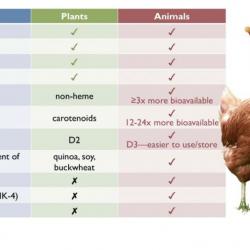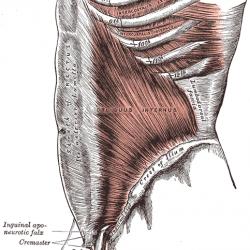Here Are the Answers to Questions That Will Improve Your Child’s Oral Health
How many of life’s problems could be avoided if parents made different choices when they had infants? The world may never know. But we do know that some of the problems we face as adults are directly linked to choices our parents made. This is not a license to blame your parents for everything that is wrong with you now. They did the best they could with the information they had, just as you are doing with your children. Despite our best information, your questionable choices will equally affect your children when they are adults.
As you consult your options to find the best teeth straightening treatment for you, realize you have an opportunity to help your kid skip this process when they get to be your age. There are many variables that dictate the kind of smile you will have as an adult. Some of which are cold and indifferent to genetics. Your kid will have to fight that every step of the way. But it is a fight they can win. Much of it is down to early prevention. Even when genetics are against you, there is still a lot that can be done to promote better oral health than what nature intended. If you have questions about your child’s oral health, here are a few answers to get you started:
Yes, Thumb-sucking Can Lead to Oral Health Issues
Almost all babies suck their thumbs. And they usually go on sucking them for years. Some stop after three years. Others take a little longer. The reason you want it to stop by 6 is that it is the time when adult teeth start forming. Thumb-sucking past this point can distort the process.
According to StopThumbSucking.org,
Now though, what pediatricians say about thumbsucking is that it should be stopped as early as age three, because of the risk of bad palate development and speech problems that can result, and it is bad for the child’s self-confidence.
When children continue to suck their thumbs past 6, they will very likely have the expense and inconvenience of braces and a lower self-image in their future. Braces are one thing. Speech problems are quite another. One of the best life advantages you can give your child is proper elocution. It plays well in job interviews at every level. A person who speaks well is the person to which others are more likely to listen.
Yes, Twice a Day Brushing Is Sufficient
Brushing after every meal is fine as long as you only have two of them. Otherwise, brush twice a day: once in the morning and once in the evening, and you will be just fine. This also applies to small children. You should brush their teeth twice a day and apply extra focus to the back teeth as they tend to be the first to form cavities.
Children don’t need a lot of toothpaste. This is information toothpaste companies don’t want you to know. That full and curly-tipped dollop of toothpaste in the ads is way too much. Your children only need an amount of paste equal in size to a grain of rice. Toothpaste companies are engaging in a cynical ploy to make you buy a lot more toothpaste than you really need to be using. If a picture is worth a thousand words, the toothpaste industry is telling you a thousand lies with every photo showing a suggested amount.
Yes, Natural Sugar Is Still Sugar
As a parent, you don’t let your kids over-indulge in sweets. But you give them as many apples and bananas they want. While natural sugar is different from processed sugar in significant ways, it is still sugar. Too much of it is bad for their teeth. Sweet fruit is only good for you in moderation. You are not hacking the system by eating grapes instead of Pop-Tarts. You have to treat natural sugar like any other sugar and moderate your intake accordingly. Otherwise, your child’s teeth could suffer.
Think about the struggles you have had with your teeth over the course of your life. These are struggles you can help your child reduce by stopping thumb sucking by 6, helping them brush twice a day, and limiting the intake of natural sugar as well as processed sugar.
More to Read:
Previous Posts:







